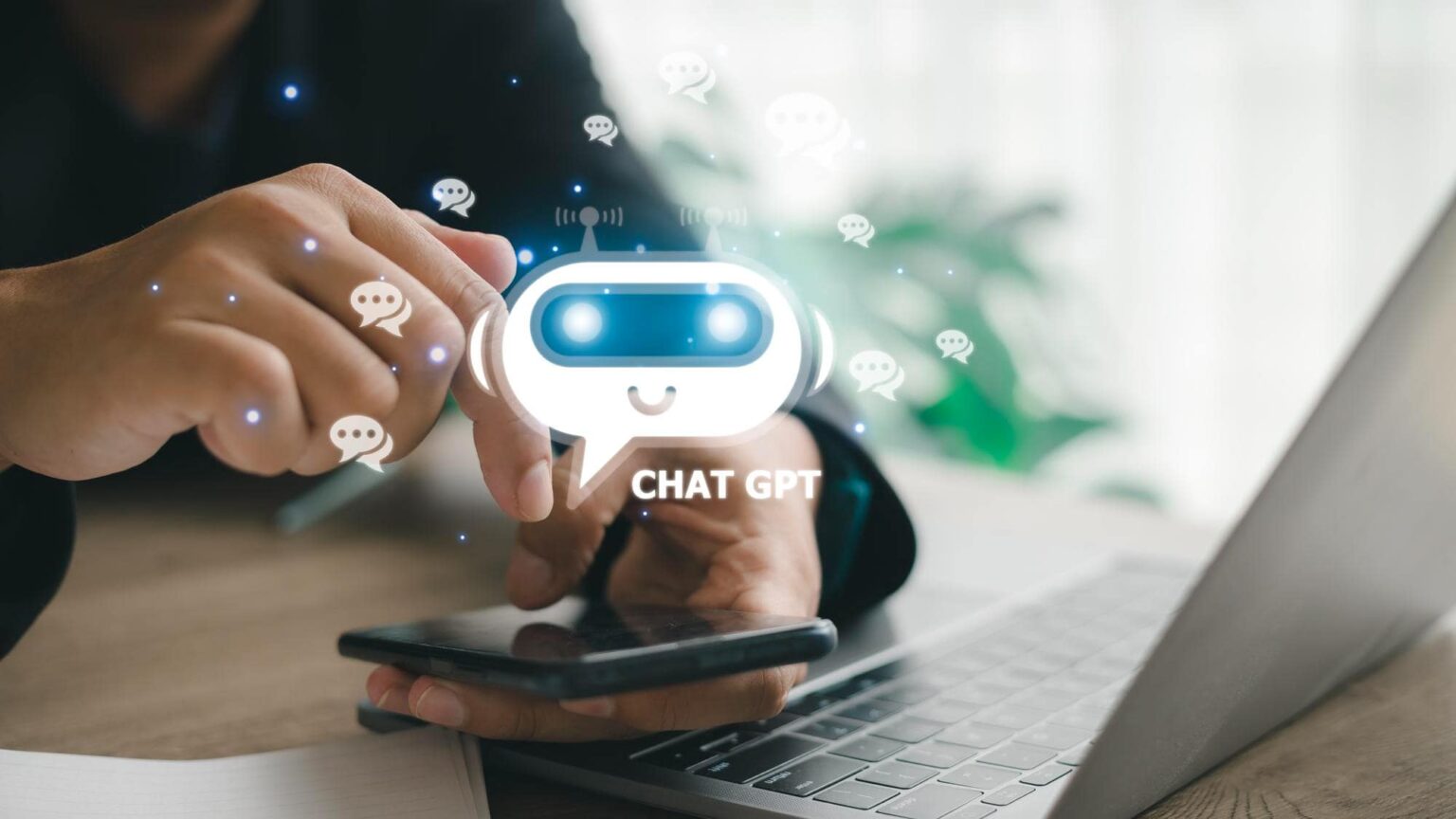Legal chatbots and virtual assistants are emerging technologies in the legal industry that automate client interactions and provide support. These AI-powered tools are designed to engage with clients, answer frequently asked questions, provide legal information, and assist with basic legal tasks. Here’s how legal chatbots and virtual assistants are transforming client interactions and support:
- 24/7 Availability: Legal chatbots and virtual assistants offer round-the-clock availability to clients, allowing them to access information and support at any time. Clients can interact with the chatbot or virtual assistant through various channels, such as websites, messaging platforms, or mobile apps, ensuring convenient and instant access to legal assistance.
- Legal Information and FAQs: Chatbots and virtual assistants can provide clients with general legal information, explanations of legal concepts, and answers to frequently asked questions (FAQs). These AI-powered tools are programmed with a vast amount of legal knowledge and can quickly retrieve and present relevant information to clients, saving time and reducing the need for human intervention.
- Automated Case Status Updates: Legal chatbots and virtual assistants can provide clients with real-time updates on their case status. By integrating with case management systems or databases, these tools can retrieve and present information about court dates, document filings, and any developments in the case. This feature helps keep clients informed and reduces the need for them to contact law firms for updates.
- Appointment Scheduling and Reminders: Chatbots and virtual assistants can assist clients in scheduling appointments with lawyers or legal professionals. They can check the availability of lawyers’ calendars, suggest suitable time slots, and send reminders to clients about upcoming appointments. This automation streamlines the appointment booking process and ensures that clients are well-prepared and informed about their meetings.
- Legal Document Assistance: Legal chatbots and virtual assistants can guide clients through the process of creating or filling out legal documents. By asking a series of questions, these tools can gather relevant information from clients and generate draft documents or templates. While they cannot replace the expertise of a human lawyer in complex legal matters, chatbots and virtual assistants can assist with routine documents such as contracts, leases, or legal forms.
- Legal Advice and Referrals: While legal chatbots and virtual assistants cannot provide personalized legal advice, they can offer general guidance or direct clients to appropriate legal resources. They can suggest legal self-help materials, recommend legal aid organizations, or provide information on legal referral services. These tools assist clients in finding the right legal resources and help them navigate the legal process.
- Natural Language Processing and Contextual Understanding: Advanced chatbot and virtual assistant technologies employ natural language processing (NLP) techniques to understand and respond to client inquiries in a conversational manner. They can interpret the context of questions, clarify ambiguities, and provide more accurate and tailored responses. This enhances the client experience by creating a more human-like interaction with the technology.
- Continuous Learning and Improvement: Legal chatbots and virtual assistants can continuously learn and improve through machine learning algorithms. By analyzing interactions and user feedback, these tools can refine their responses, adapt to client preferences, and expand their knowledge base over time. This iterative learning process enhances the accuracy and effectiveness of the chatbot or virtual assistant.
While legal chatbots and virtual assistants provide valuable support to clients, it is important to recognize their limitations. They are not meant to replace human lawyers but rather complement their work by handling routine tasks and providing basic information. For complex legal matters or personalized advice, clients should still consult with qualified legal professionals. However, these technologies enhance efficiency, improve access to legal information, and provide timely support to clients, contributing to an overall enhanced client experience in the legal industry.



